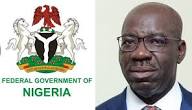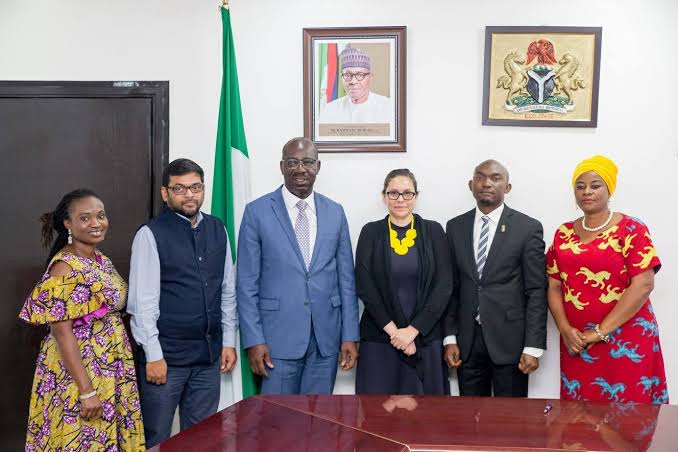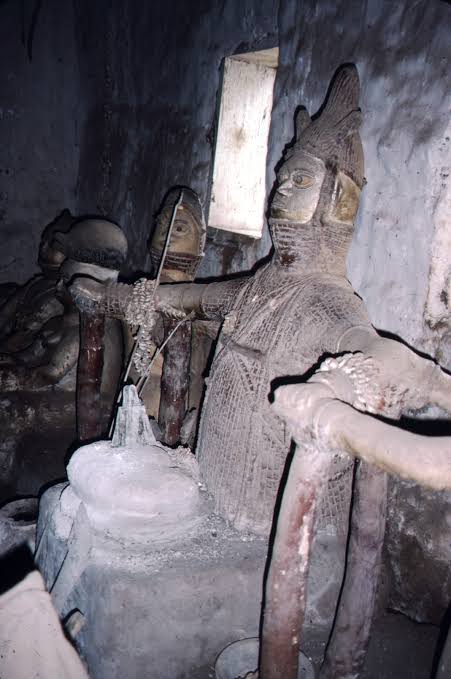Edo State, located in southern Nigeria, has a unique political philosophy shaped by its historical, cultural, and socio-economic background. Understanding the political philosophy of Edo State involves examining how its leaders and political movements have approached governance, development, and civic engagement.
1. Emphasis on Development and Infrastructure
Edo State’s political philosophy is heavily focused on development, particularly in infrastructure, education, and healthcare. This focus is often driven by the need to improve the quality of life for its residents and attract investment.
Governance for Development: The state's leadership has prioritized policies that foster development and economic growth. For instance, Governor Godwin Obaseki's administration has been noted for its commitment to infrastructural development, including road construction and the improvement of public facilities. Obaseki has championed policies that are intended to modernize the state and improve public services, reflecting a political philosophy that aligns governance with development goals.
2. Commitment to Anti-Corruption and Good Governance
Edo State has also exhibited a political philosophy that emphasizes transparency, accountability, and the fight against corruption. This is aligned with the broader national discourse on corruption and governance in Nigeria.
Anti-Corruption Measures: Leaders in Edo State have often aligned themselves with national efforts to combat corruption, ensuring that governance is marked by transparency and accountability. This has included implementing public sector reforms and adopting digital technologies to improve transparency and reduce corruption.
3. Inclusivity and Grassroots Engagement
Another aspect of Edo State’s political philosophy is its focus on inclusivity and grassroots engagement. Political leaders in the state often emphasize the importance of engaging with the local population to ensure that governance reflects the will and needs of the people.
Community Engagement: There is a strong tradition of community involvement in the political process in Edo State. Political leaders often hold town hall meetings and consult with community leaders and civil society groups to gather input and build consensus around key policies. This grassroots approach is indicative of a political philosophy that values inclusivity and participatory governance.
4. Cultural Preservation and Identity Politics
Edo State’s political philosophy also includes a commitment to preserving its rich cultural heritage. This has often involved policies aimed at promoting the state's cultural identity, which is deeply rooted in the traditions of the Edo (Bini) people.
Cultural Policies: Efforts to promote Edo State’s cultural identity can be seen in initiatives to protect historical sites, promote local festivals, and encourage the use of indigenous languages in schools. This reflects a political philosophy that recognizes the importance of cultural heritage as a source of pride and as a tool for social cohesion and economic development.
5. Political Pluralism and Competitive Elections
Edo State is known for its vibrant political landscape, marked by a high degree of political pluralism and competitive elections. The state has a history of political dynamism, with multiple political parties actively participating in the electoral process.
Electoral Competition: The political scene in Edo State is characterized by competition between major political parties, such as the All Progressives Congress (APC) and the People's Democratic Party (PDP). This competition has often led to heated political campaigns and closely contested elections, which reflect a political philosophy that values democratic processes and electoral integrity.
Conclusion
Edo State’s political philosophy is multifaceted, combining a focus on development and good governance with an emphasis on cultural preservation, inclusivity, and competitive democracy. This philosophy is shaped by the state’s unique historical and cultural context, as well as its socio-economic aspirations. By balancing these elements, Edo State’s political leaders aim to foster a dynamic, inclusive, and prosperous environment for all its residents.
.png)
.png)








